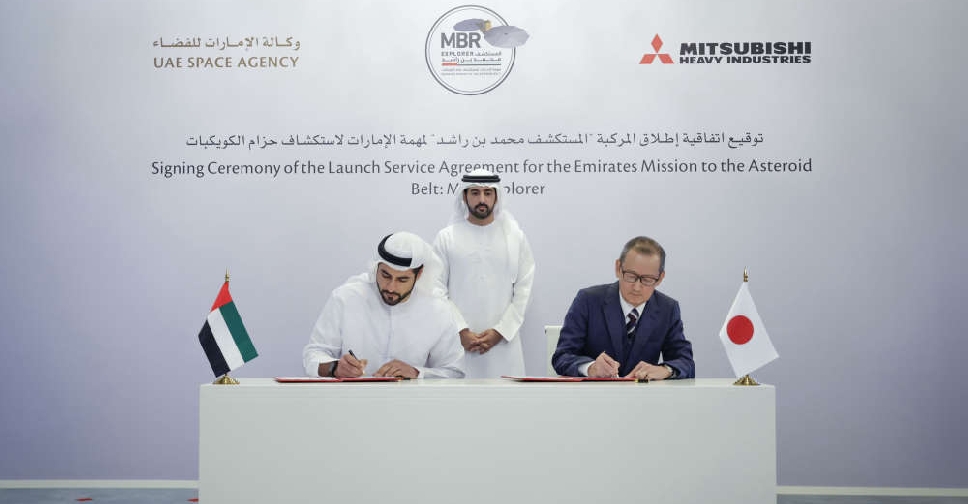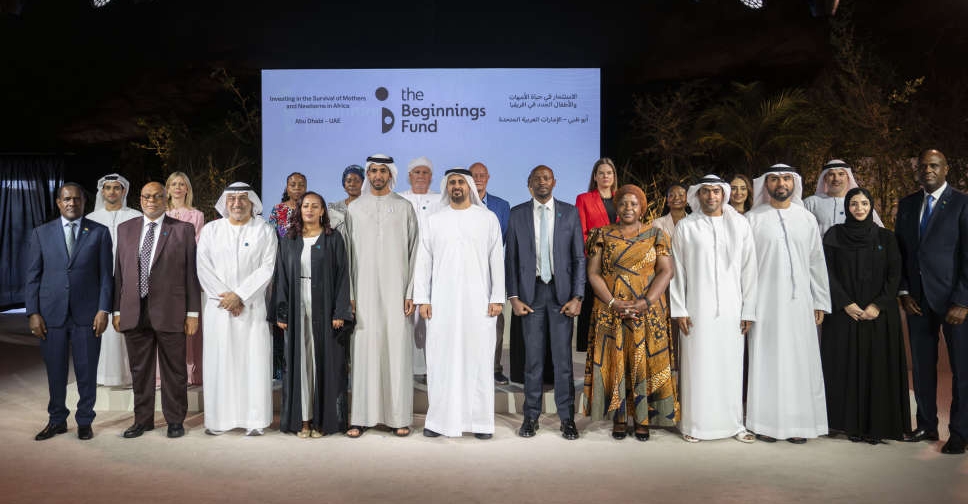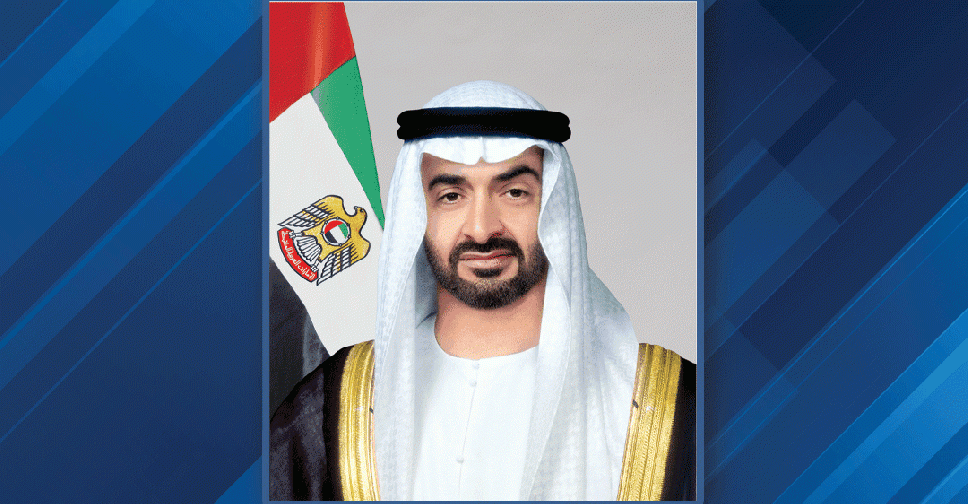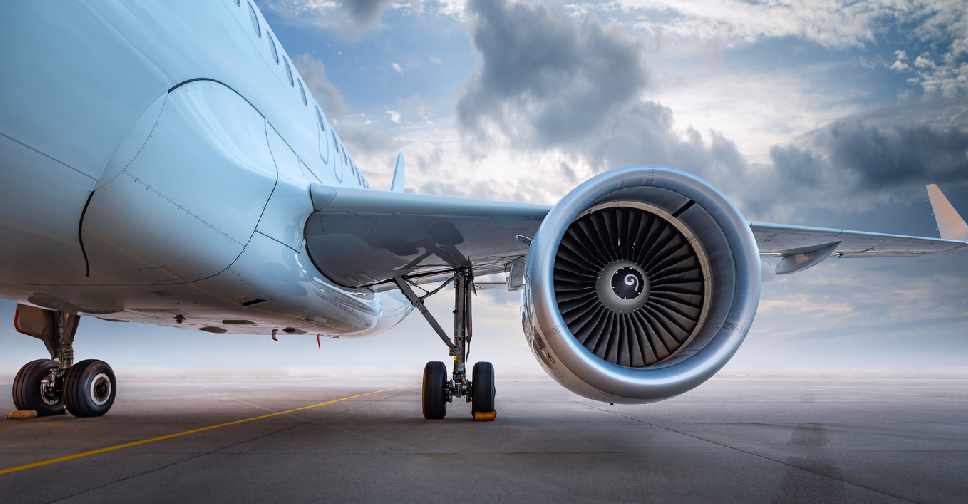
The UAE's ambitious mission to the asteroid belt is on track to be launched in 2028, following the signing of an agreement between the UAE Space Agency and Mitsubishi Heavy Industries.
This agreement will facilitate the launch of the 'Mohammed Bin Rashid Explorer' spacecraft aboard the H3 rocket in early 2028, marking a significant milestone in the UAE's space initiatives.
His Highness Sheikh Hamdan bin Mohammed bin Rashid Al Maktoum, Dubai's Crown Prince, the UAE's Deputy Prime Minister and Defence Minister and Chairman of the Supreme Space Council, said that the agreement is a strategic move to strengthen the UAE’s position in the global space sector.
The latest agreement marks the third collaboration between the UAE and Mitsubishi Heavy Industries, following the launches of ‘KhalifaSat’ in 2018 and the ‘Hope Probe’ in 2020.
As I welcomed the President of the Japan Aerospace Exploration Agency (JAXA), we witnessed the signing of an agreement between the UAE Space Agency and Mitsubishi Heavy Industries to launch the “Mohammed bin Rashid Explorer” a spacecraft that will explore 7 asteroids and land on… pic.twitter.com/WY2Y1GV5SP
— Hamdan bin Mohammed (@HamdanMohammed) October 9, 2024
The Emirates Mission to the Asteroid Belt is a 13-year journey, with six years dedicated to spacecraft development and seven years for exploring the main asteroid belt between Mars and Jupiter.
The ‘Mohammed Bin Rashid Explorer’ will conduct close flybys of six asteroids and gather invaluable data before landing on the seventh asteroid, Justitia.
The mission will embark on a 5-billion-kilometre journey. Gravity assist maneuvers from Venus, Earth and Mars will optimise its trajectory for the flyby campaign.
The first asteroid encounter is expected in February 2030, marking the beginning of an extensive exploration within the asteroid belt.
A group of academic and hardware development partners are contributing to the mission, including Khalifa University, New York University Abu Dhabi (NYUAD), and the National Space Science and Technology Centre at UAE University.
Additionally, national institutions such as the Technology Innovation Institute and Yahsat, along with private sector partners, are involved.
International collaborations include institutions such as the Italian Space Agency, the University of Colorado, and the University of Arizona.



 UAE to experience periodic rise in temperatures, NCM warns
UAE to experience periodic rise in temperatures, NCM warns
 UAE foundation pledges $125M to improve maternal, newborn survival in Africa
UAE foundation pledges $125M to improve maternal, newborn survival in Africa
 UAE President congratulates Canada's Mark Carney on election victory
UAE President congratulates Canada's Mark Carney on election victory
 Dubai-Lisbon flights face disruptions due to Portugal power outage
Dubai-Lisbon flights face disruptions due to Portugal power outage
 UAE welcomes UN report dismissing Sudanese Armed Forces' allegations
UAE welcomes UN report dismissing Sudanese Armed Forces' allegations







